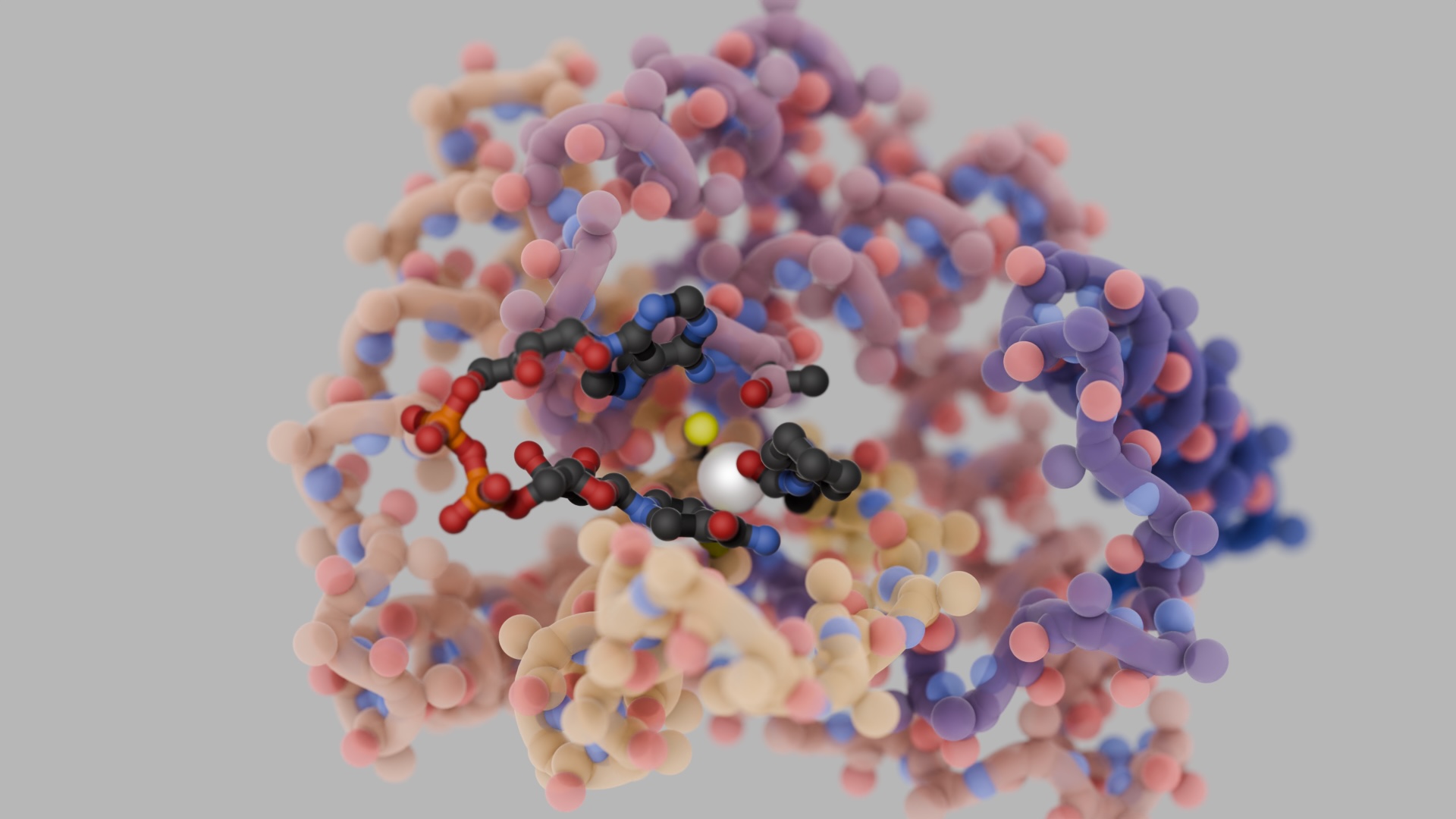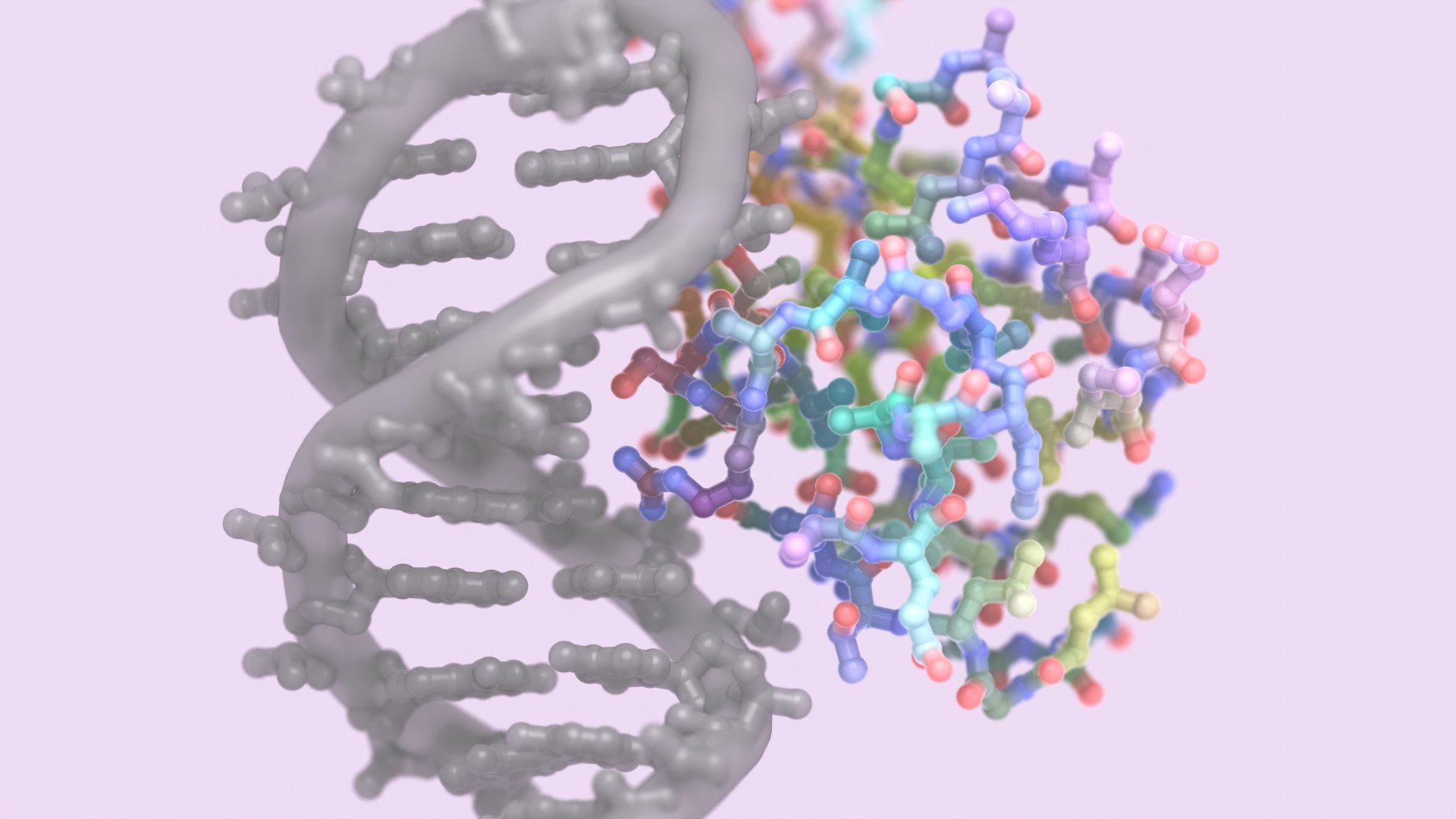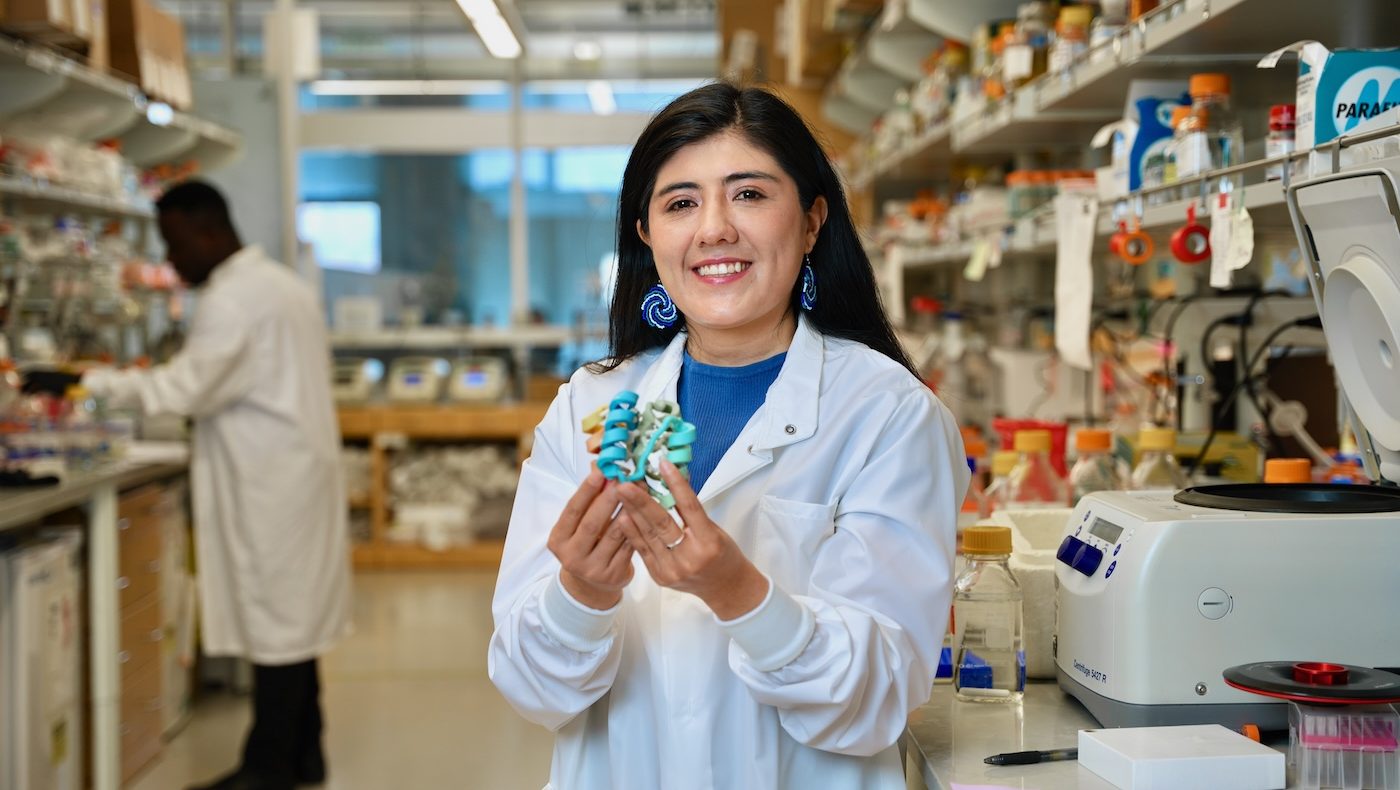The Breakthrough Prize Foundation today announced the winners of the 2021 Breakthrough Prize, recognizing an array of achievements in the Life Sciences, Fundamental Physics and Mathematics. The traditional gala award ceremony, attended by superstars of movies, music, sports and tech entrepreneurship, has been postponed until March 2021.
David Baker, director of the Institute for Protein Design, was awarded a Breakthrough Prove in Life Sciences. “I am excited about this award accelerating progress at the IPD in de novo design of new proteins not found in nature to address current challenges in medicine and beyond,“ Baker said. “I thank my wonderful colleagues — undergraduate and graduate students, postdocs, faculty and staff — at the IPD and UW, and members of the general public contributing to our efforts through the Rosetta@home and Foldit projects.“
https://twitter.com/i/status/1304057791435476994
FROM THE BREAKTHROUGH PRIZE FOUNDATION:
At a time when the importance of scientific achievement resounds around the world with more urgency than ever, the Breakthrough Prize continues its nine-year tradition of honoring the most profound and transformative discoveries, celebrating both established researchers (Breakthrough Prize) as well as early-career scientists (New Horizons Prize and – for the first time this year – Maryam Mirzakhani New Frontiers Prize).
In total for this year, the Breakthrough Prize is awarding a collective $18.75 million in support of scientists working on the biggest and most fundamental questions. Science’s largest prize, the Breakthrough Prize has honored more researchers with monetary awards than any other science prize, with more than $250 million being awarded to almost 3000 leading scientists since 2012. The Prize is intended to help scientific leaders gain freedom from financial constraints to focus fully on the world of ideas; to raise the profile and prestige of basic science and mathematics, fomenting a culture in which intellectual pursuits are validated; and to inspire the next generation of researchers to follow the lead of these extraordinary scientific role models.
This year’s Breakthrough Prize winners form a diverse group. They’ve invented tools to unravel the protein folding problem and design entirely novel proteins (including some that could neutralize Covid-19); built exquisitely sensitive table-top instruments to probe the mysteries of dark energy and put Einstein’s theory to the test; developed noninvasive genetic fetal screening tests used by millions of prospective parents worldwide; mapped the neural pathways governing parenting behavior to the level of specific brain cells; revealed and elaborated a cellular pathway heavily implicated in hereditary Parkinson’s disease; and cracked equations describing random processes, from fluctuating stock prices to the motion of sugar in a cup of tea. Each Breakthrough Prize is worth $3 million.
Six New Horizons Prizes of $100,000 each were shared among twelve early-career scientists and mathematicians who have already made a substantial impact on their fields. And three inaugural Maryam Mirzakhani New Frontiers Prizes were awarded to early-career women mathematicians – the number of awards increased from one to three due to the intense interest generated by the Prize and the extremely high quality of nominations. The Maryam Mirzakhani New Frontiers Prize was established in 2019 and named for the famed Iranian mathematician, Fields Medalist and Stanford professor who passed away in 2017. During her exceptionally prolific career, Mirzakhani made groundbreaking contributions to the theory of moduli spaces of Riemann surfaces. Each year, the $50,000 New Frontiers Prize award is presented to women mathematicians who have completed their PhDs within the past two years.





